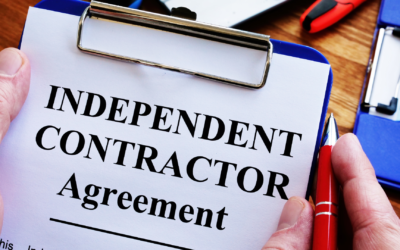A supplier or vendor is a person or business that offers goods, products, or services to another individual or company. The terms “supplier” and “vendor” are sometimes used interchangeably, but the context can make a difference. A good supplier agreement is vital for establishing a clear and mutually beneficial relationship between a company and its suppliers.
A Good Agreement Should Include:
- A clear definition of the products or services that the supplier will provide. Be specific about quantities, quality standards, specifications, and other essential details.
- The terms and conditions of the agreement, which should outline payment terms, delivery schedules, and any penalties or incentives for meeting or failing to meet deadlines.
- The pricing structure, payment terms, and any applicable taxes or fees. Include details on how and when payments will be made. Clearly define the quality standards expected for the products or services. Outline the procedures for inspection, testing, and acceptance of goods.
- The logistics of delivery, including shipping terms, responsibilities for transportation, and any special handling requirements.
- Clauses that address the confidentiality of information shared between the parties. Specify the handling of sensitive data and any non-disclosure agreements. This is important not only to protect your business from breach of confidentiality and anti-competitive behaviour but also to ensure data privacy compliance and the risks associated with that.
- The duration of the agreement and the conditions under which either party can terminate the contract. Include notice periods and any associated penalties or obligations.
Our Supplier Agreement helps you gain clarity and direction in your supply chain relationships.



